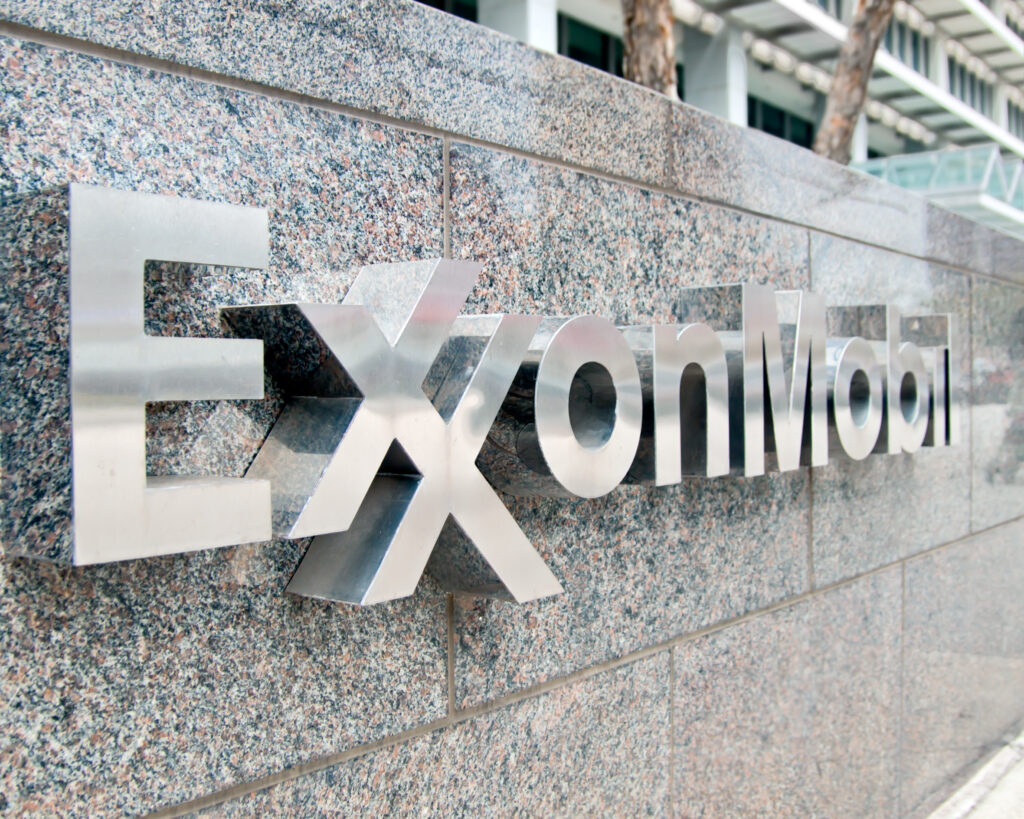WASHINGTON, D.C. — A new groundbreaking report released today by the U.S. Chamber of Commerce Institute for Legal Reform (ILR) analyzes how third party litigation funding (TPLF) could broadly affect U.S. national and economic security. TPLF allows hedge funds and other outside financiers to invest in lawsuits in exchange for a cut of any award or settlement.
A New Threat: The National Security Risk of Third Party Litigation Funding was released during ILR’s Summit 2022: Law, Policy, and Politics event, which featured a discussion about the report with Michael Leiter, one of the principal authors of the paper and a partner at Skadden, Arps, Slate, Meagher & Flom.
The report, which highlights the near-total lack of transparency around TPLF, found:
- There is growing concern that a large volume of foreign-sourced money may be pouring into U.S. civil litigation against U.S. companies and industries (including those in defense and other highly sensitive sectors), raising significant national and economic security risks.
- A foreign government could fund litigation to advance its strategic interests against the U.S.
- Though the U.S. government has taken action to limit foreign access to U.S. technology, there is no measure currently in place to prevent foreign adversaries from using TPLF to circumvent existing safeguards.
“Third party litigation funding is a secretive industry within the civil justice system. If foreign-sourced money can invest in U.S. litigation without being disclosed, it could have harmful repercussions for consumers, American businesses, and U.S. national security interests,” said Harold Kim, president of the U.S. Chamber of Commerce Institute for Legal Reform and chief legal officer for the U.S. Chamber of Commerce. “Every policymaker, judge, consumer, and business should be concerned about third party litigation funding and the effect it might have on the national security of the U.S.”
The report outlines a series of comprehensive legislative and legal reforms, including:
- Requiring disclosure of third party litigation funding agreements in funded cases and ultimately of the significant foreign investors of the funds being employed.
- Requiring litigation funders that receive foreign government funding to report this information to a relevant U.S. government agency.
- Requiring agents of foreign governments funding litigation against U.S. companies to disclose their association with that foreign government.
“Requiring the disclosure of funding agreements and the involvement of foreign investors in third party litigation funding would protect businesses, consumers, and the U.S. from adverse interests that might want to control litigation to promote their agenda and influence U.S. policy,” continued Kim.
The report can be downloaded and viewed here.


